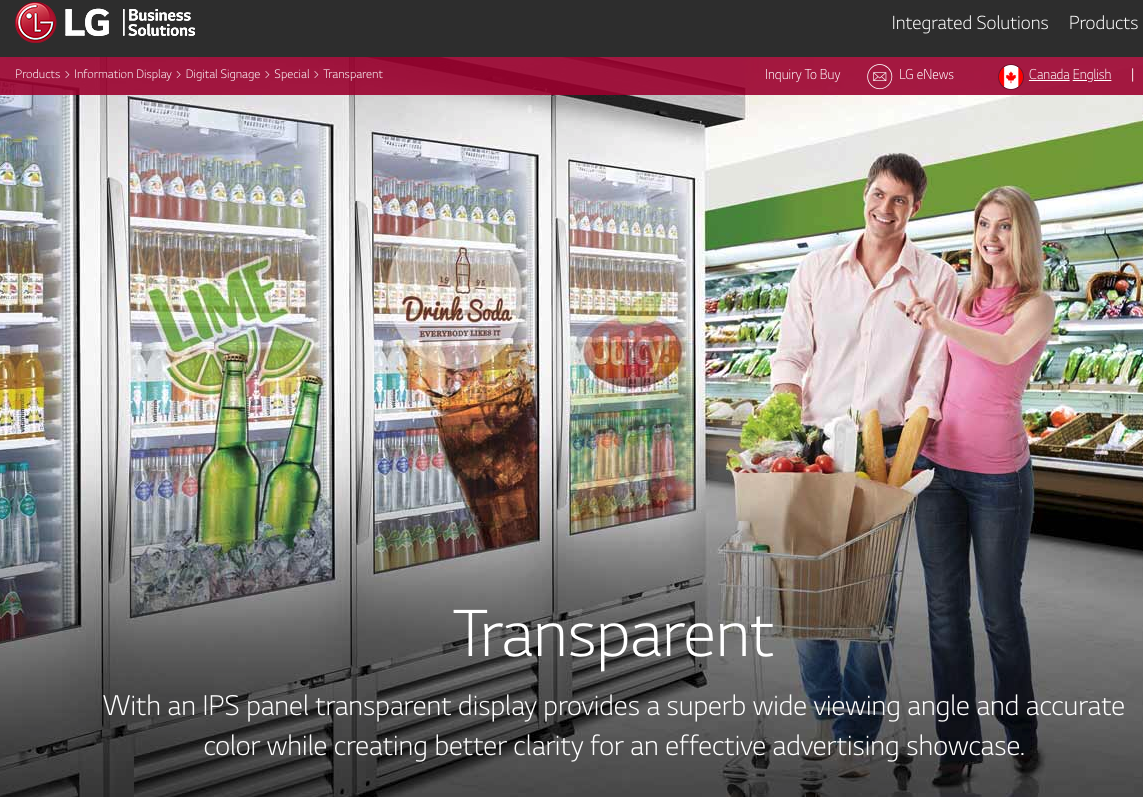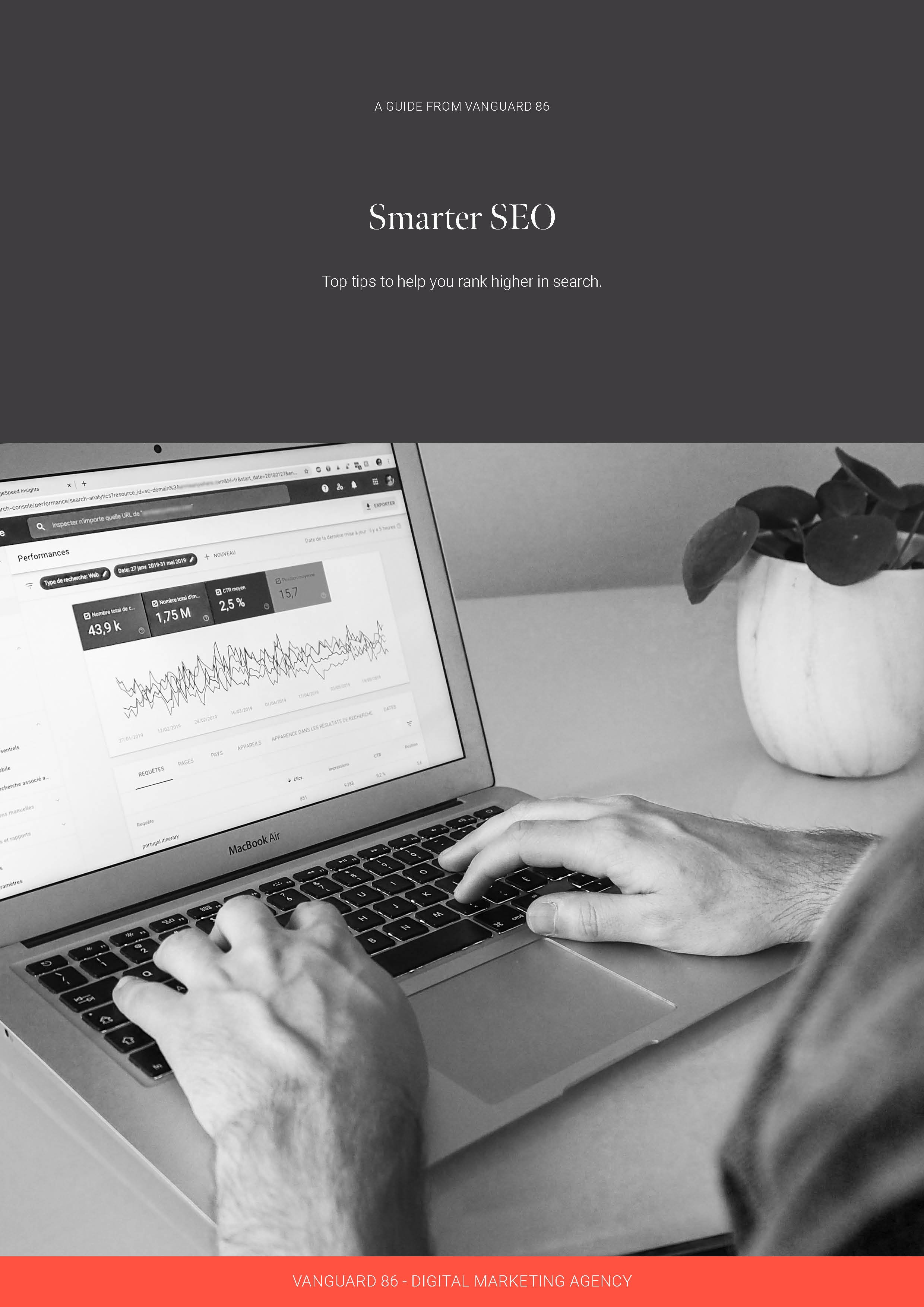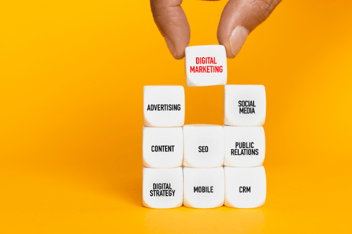What is Digital Marketing & Why It Matters for Your Business
Digital marketing is the part of marketing that focuses on online channels and device-based communications.
What is digital marketing?
Digital marketing is the principle of communicating available products, services or experiences through online, web or screen-based methods.
Digital marketing practices evolve with technology and typical activities include, but are not limited to:
- Email marketing
- Websites
- Social media marketing
- Blogging
- Content marketing
- Search engine optimisation
- App development
- Display advertising
- CRMs and databases
- Marketing automation
- Chat bots
- Social publishing
- Influencer marketing
- SMS/Text messaging
Emerging forms of digital marketing include:
- Virtual Reality
- Digital billboards
- Augmented Reality
- Artificial Intelligence
Digital marketing within the marketing mix
Marketing communications traditionally centres around the marketing mix, which in itself breaks down marketing into 4 focus areas known as the 4P's. The 4P's are: Product, Price, Promotion, Place.
Digital marketing has heavily influenced the 4P's with the evolution of technology.
For example, Products (or services) no longer need to be physical or face-to-face. SaaS (Software as a Service) is a sector where intangible applications are the thing that is bought, sometimes on subscription models. Within computer games players can buy clothing, weapons, upgrades that can't be removed from the game.
Price has been influenced by digital marketing, as businesses can leverage behavioural patterns in a customer's digital footprint to determine future purchases that can be marketed to them directly. Social influencers can received reduced pricing, and in sales channels like Multi-Level Marketing pricing can be determined on the reach an individual has. Digital sales channels have reduced the cost of getting a product to market which has influenced the profit margins many businesses see from a product or service. In the scenario of SaaS the only two major costs are maintaining or improving the software and marketing the software (to new and existing customers).

LG's transparent screens make POS advertising digital
Promotion, with digital marketing, can be highly targeted. Using data from a customer's habits on social media, previous purchase habits, the websites they've visited a brand can target them with advertising, content and remarketing. Brands are using content marketing to lower the financial cost of acquiring a new customer, and many are switching from radio and print advertising to online to see greater analytical insights on what works and what doesn't. Point of Sale marketing is turning digital with the application of Augmented Reality or Virtual Reality. Brands are even choosing to advertise within billboards in computer games to target their audience and they engage with virtual content.
Place is one of the 4P's that has been disrupted the most by digital marketing. Putting the right product in the correct place has never been easier for businesses. Mobile advertising enables geography-based results to be delivered as a customer is on the go. As wearable devices, such as watches connected to the internet, become more widely applied the ability for digital marketing to deliver communications at the right time in the right place becomes easier.

The rise of digital marketing
In the early 1990s the World Wide Web began the transition into the modern internet. As adoption from government applications was taken over by commercial and personal usage the internet became more ingrained in society and infrastructure. In 2005 around 16% of the world's population was using the internet, by 2010 that had grown to 30% and by 2016 that had increased further to 47%.
As connectivity increased so did the availability of devices able to take the internet on the move. In 2015 there were an estimated 15.4billion internet enabled devices in the market, this is forecasted to grow to 30.7billion devices in 2020 and 75.4billion devices in 2025.
The amount of data consumed, and the availability of mobile data is also increasing. Mobile data traffic has grown 18-fold over the past 5 years. Combine that with a 3-fold average increase in mobile network speeds between 2015 and 2016, and that the average smartphone usage grew by 38% between 2015 and 2016, and the need for businesses to adopt digital marketing becomes clear.
Digital marketing agency
The rise of digital marketing has created a service-based marketing agency type that focuses on applying the marketing mix to digital channels. These agencies vary in types (you can see these types by clicking HERE), with some specialising in a single facet of digital marketing. Others offer marketing management on a broader remit and supplement a small marketing team, or a traditional marketing manager within an organisation.
Digital marketing can be increasingly technical. In areas such as Search Engine Optimisation the constant changes, and coding or web knowledge required to implement solutions, can require months of training. Even in relatively standard areas, such as email marketing, ongoing optimisation and gaining a competitive advantage can be the reason businesses investigate utilising a digital marketing agency. Agencies, such as ours offer digital marketing management services to help businesses that need it.
Download your free guide to Smarter SEO
Good SEO can mean the difference between your business being found, or you being lost in the growing mass of online resources. This guide is designed to help you rise above your competition.
Download now



